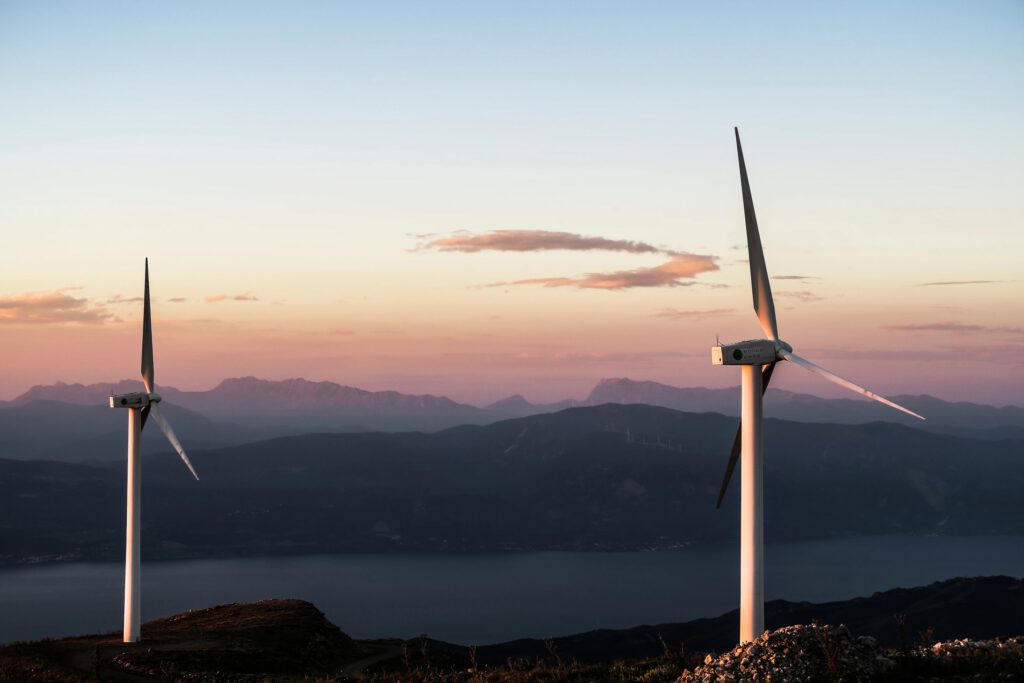Kicking off Labour’s campaign, Sir Keir Starmer, unveiled their flagship project ‘GB Energy’ is to be headquartered in Scotland. GB Energy, a publicly owned company, is the centrepiece of Labour’s energy policy to deliver on their ambition for clean power by 2030, which is five years earlier than the Conservatives have pledged.
At the current pace and without further policy intervention, risk assessments have showcased that the Conservatives would miss their target of a decarbonised power system by 2035. This has raised concerns as to how Labour would deliver a decarbonised system five years earlier while tackling the magnitude of challenges pertaining to planning, skills, supply chain, and grid capacity.
Partly funded through a windfall tax on oil and gas companies, Labour would initially invest £8.3bn over the next parliament to build energy security in the UK. Acting as an investment vehicle, GB Energy along with the private sector intends to invest and scale-up low-carbon technologies including wind, solar, nuclear, tidal power, low-carbon hydrogen, and Carbon Capture and Storage (CCS). £3.3bn of this figure would be invested in a ‘Local Power Plan’ to develop small-scale energy projects for the community via partnerships with local authorities.
However, there is widespread uncertainty on whether this figure will be enough to deliver Labour’s ambitions. Having deducted the £3.3bn for the local plan, it only leaves them with £5bn worth of investment over the course of five years. £1bn worth of investment annually does not seem to be a game changer given the scale of challenge decarbonising the power system brings.
Aurora Energy were commissioned to model the costs and trajectory of achieving Labour’s and the Conservatives’ plan to decarbonise the power system by 2030 and 2035 respectively. Their analysis deemed Net Zero 2030 as a “likely impossible target to achieve and one that requires infeasibly high levels of additional investment – £15.6bn a year over the next six years”. Bearing in mind that not long-ago Labour cut funding from their flagship £28bn Green Plan down to below £15bn, it begs the question where Labour will find the funds to achieve their ambitious targets. In contrast, the route to 2035 is achievable “if coherent policy action, market design and financial support is enacted at a large scale and high speed”.
Overall, Labour have pledged that GB Energy would cut energy bills, save households £93bn, decarbonise the electricity system by 2030, create thousands of jobs, deliver energy security, and make the UK energy independent.
With planned higher windfall taxes and a ban on issuing new oil and gas licenses, the opposition parties have accused Labour of putting jobs at risk. However, Starmer has pledged that GB Energy would safeguard replacement jobs for generations to come. Although, the party leader failed to provide details on how they expect to deliver more jobs and how they plan to upskill the workforce for these new green jobs.
On the theme of ‘Energy Security’, Policy Connect through its low-carbon forum, Carbon Connect, held a series of roundtables exploring the challenges and opportunities of achieving energy security in UK. Some of the policy asks from this series broadly align with Labour’s plan and would welcome unlocking investment at scale for net -zero technologies and empowering communities to benefit from the transition.
However, the series also highlighted that achieving energy security is not merely about increasing supply of renewables but also about balancing the supply and demand in a net zero future. To balance the system, there needs to be greater investment in long-duration storage to manage the intermittent nature of renewables, and greater investment towards building network capacity to ensure energy generated in the North can be delivered to the South, where demand is greater. Currently Labour’s plan lacks clarity on how they intend to tackle these challenges and whether GB Energy will play a role in this.
Overall, GB Energy is an ambitious project to achieve home grown energy and lower bills, but Labour is yet to provide a clear blueprint on what GB Energy can deliver and the role the company will play in delivering Labour’s ambitions of a decarbonised power system by 2030 and long-term energy security. If Labour gets into power, we can expect to see a detailed plan for GB Energy in the first 100 days which hopefully would answer some of these looming questions.
Check out Policy Connect’s 2024 General Election hub for more insightful articles!





